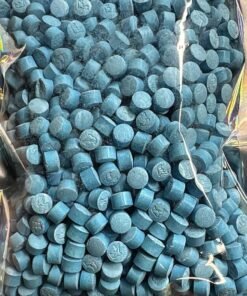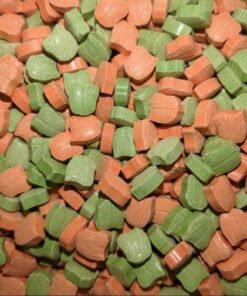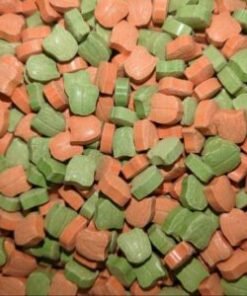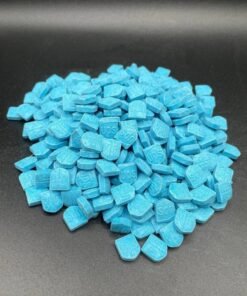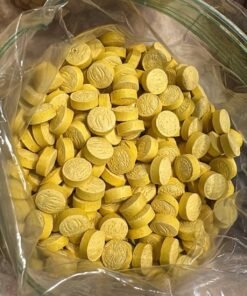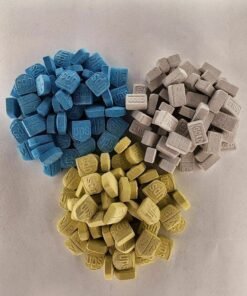MDMA: Understanding Its Effects & Risks
MDMA, commonly known as Ecstasy or Molly, is a psychoactive substance that alters mood and perception. Known for its euphoric and stimulating effects, MDMA enhances feelings of connection, energy, and emotional openness. It is often associated with music festivals, social gatherings, and therapeutic research.
How MDMA Works
MDMA increases the release of serotonin, dopamine, and norepinephrine in the brain, creating a powerful sense of well-being, heightened sensory perception, and increased sociability. Users often report feelings of warmth, empathy, and deep emotional connection, making it popular in both recreational and experimental therapeutic settings.
MDMA
MDMA
Potential Effects & Risks
While many seek MDMA for its mood-enhancing effects, it is important to understand both the benefits and potential risks:
✔ Increased Euphoria & Connection – Users experience heightened emotions and deepened social bonds.
✔ Boosted Energy & Sensory Enhancement – Music, lights, and touch may feel more intense and immersive.
✔ Temporary Reduction in Anxiety – Promotes relaxation and emotional openness.
⚠ Dehydration & Overheating – Can increase body temperature, especially in hot environments.
⚠ Serotonin Depletion – After-effects may include fatigue, mood dips, or temporary depression.
⚠ Purity Concerns – Illicit substances are often mixed with unknown chemicals, increasing risks.
Medical & Therapeutic Interest
Recent studies suggest that MDMA-assisted therapy may help with conditions like PTSD and anxiety disorders, leading to ongoing clinical research. When used in controlled environments, MDMA has shown potential for deep emotional healing and trauma processing.
Safe Use & Harm Reduction
For those who choose to take MDMA, harm reduction practices can help minimise risks:
✅ Stay Hydrated (But Don’t Overdrink) – Sip water regularly, but avoid excessive intake.
✅ Test Your Substance – Reagent kits can help check for purity and contaminants.
✅ Take Breaks & Cool Down – Avoid prolonged dancing in hot environments.
✅ Dose Responsibly – Higher doses increase the likelihood of negative effects.
Final Thoughts
MDMA is a powerful substance with both potential benefits and risks. While some explore it recreationally, others are interested in its therapeutic potential. Understanding its effects, ensuring safe practices, and staying informed can help individuals make responsible choices. If considering MDMA for therapeutic purposes, always seek guidance from medical professionals involved in clinical research.

